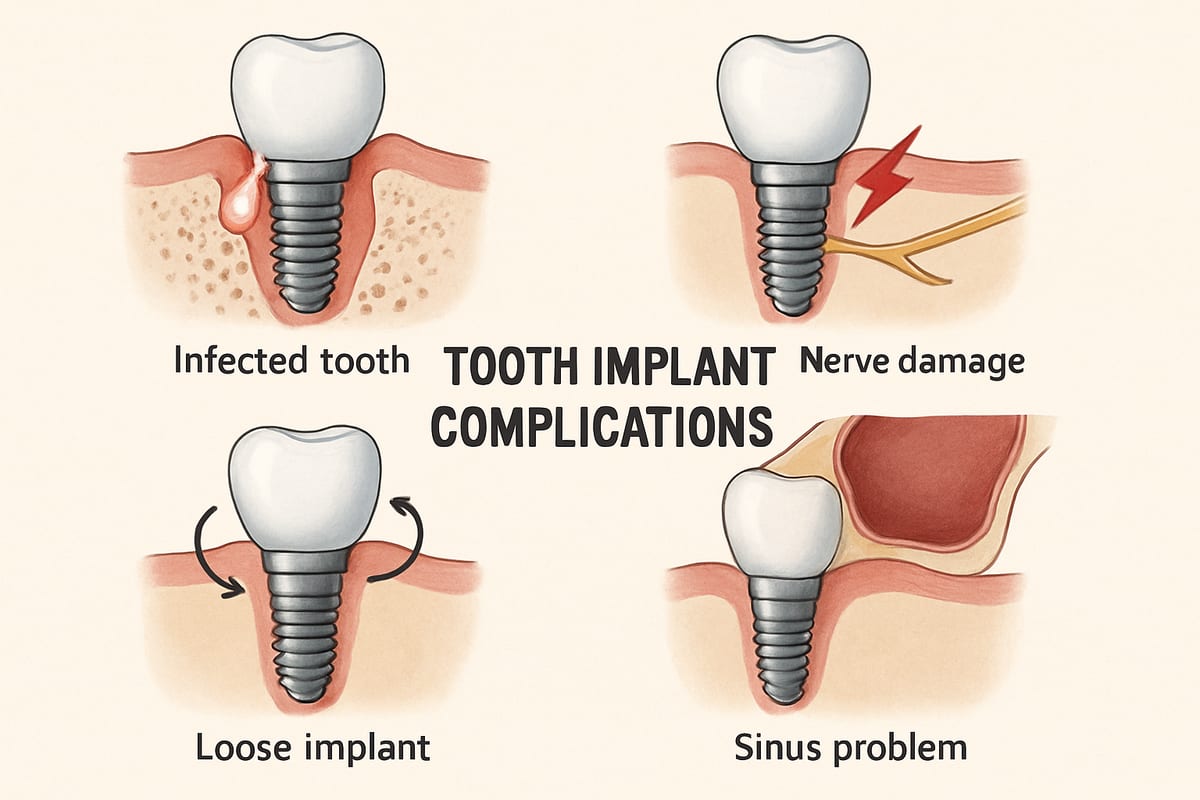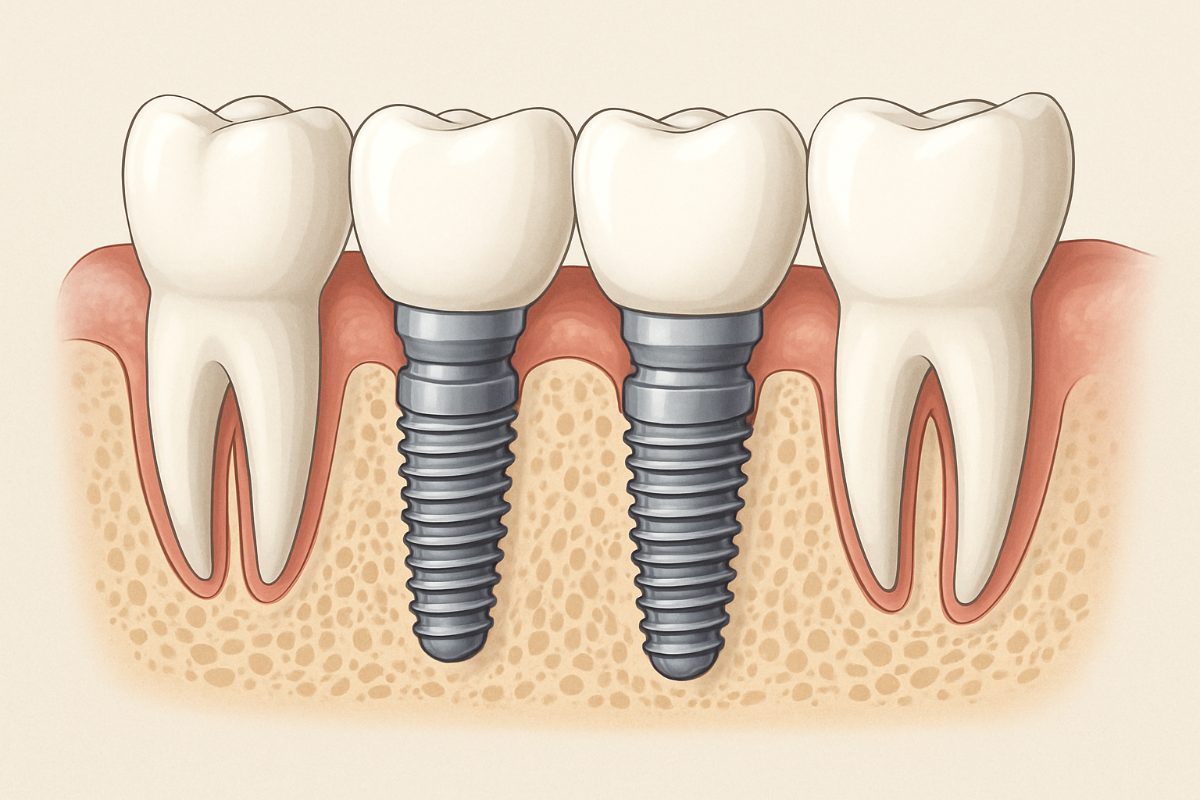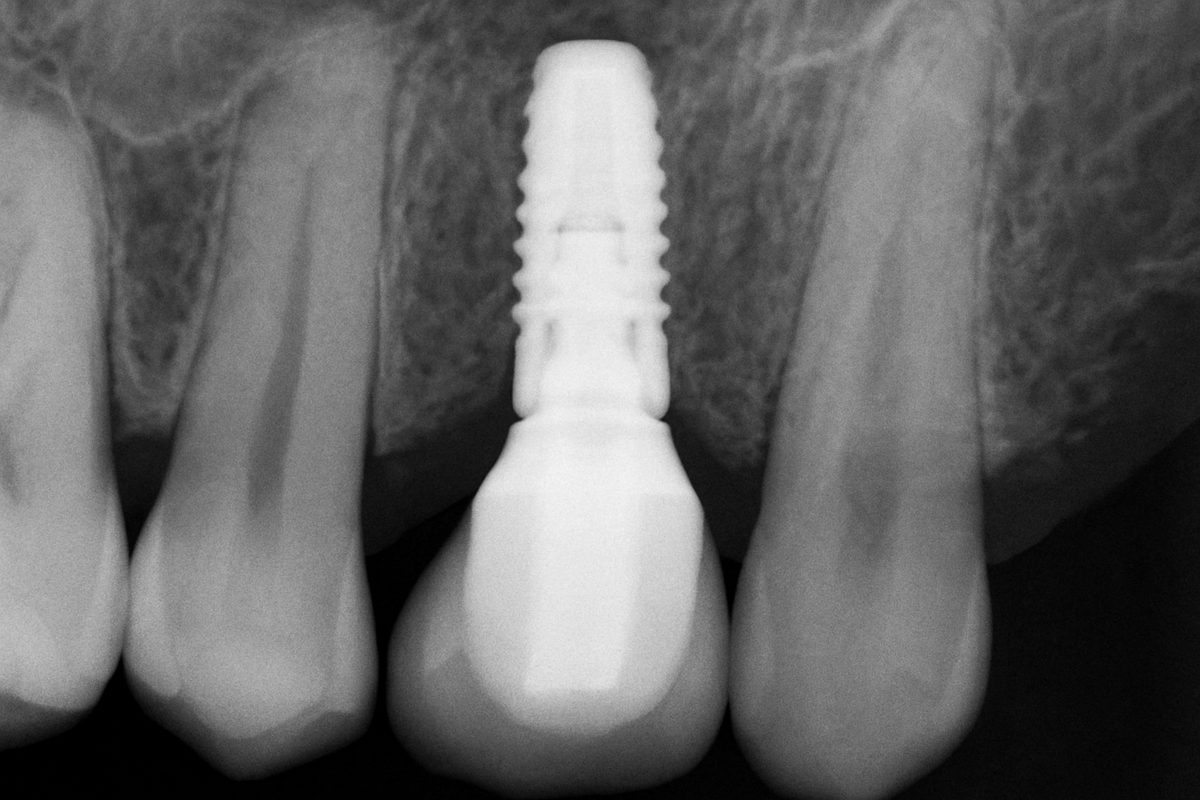Dental Blog - Greater San Antonio
Tips, Facts, And The
Latest In Dentistry

Tooth Implant Complications: How To Spot Issues With Dental Implants

Tooth implant complications can start small but become serious if you don’t spot them early. This post explains common problems, early warning signs, what to do right away, and how dentists evaluate and treat issues.
What are common tooth implant complications?
Knowing the typical problems helps act fast. The most common tooth implant complications include infections, implant failure, nerve issues, sinus problems for upper implants, and gradual bone or gum loss.
Infection (peri-implantitis)
Peri-implantitis is an infection around the implant that can destroy bone and soft tissue. It often starts with inflammation and, if untreated, can cause implant loss.
Implant mobility or failure
An implant should feel stable. Mobility means the implant or the crown is not integrating with bone and may eventually fail.
Nerve injury — numbness or tingling
Nerve injury can cause numbness, tingling, or a burning feeling in the lip, chin, or tongue. This can be temporary or, rarely, permanent.
Sinus problems (upper implants)
Upper implants can penetrate the sinus cavity or cause sinusitis, leading to pressure, pain, or chronic sinus infections.
Bone loss and gum recession
Over time, bone loss or gum recession can expose implant threads or make the implant look long and unhealthy.
Early signs to spot with tooth implant complications
Watch for these early warning signs of tooth implant complications so you can get care sooner:
- Persistent or worsening pain beyond the normal healing timeframe
- Redness, swelling, or pus around the implant site
- New or increasing looseness of the implant or crown
- Numbness, tingling, or unusual sensitivity in the lip, chin, or tongue
- Difficulty chewing, changes in your bite, or bad tastes/odors
- Fever or a general feeling of being unwell (possible spreading infection)
What to do if you suspect tooth implant complications
Take quick, calm action. Early care can save the implant and reduce complications.
Immediate at-home steps
- Avoid biting or chewing on the affected side.
- Rinse gently with warm salt water (1/2 teaspoon salt in 8 oz water) a few times daily.
- Keep a record of symptoms: when they started, how they’ve changed, and any triggers.
- Don’t remove parts of the implant or crown yourself.
When to call your dentist vs. go to urgent care or the ER
- Call your dentist promptly for persistent pain, swelling, looseness, numbness, or bad taste/odor.
- Seek urgent care or the ER for severe swelling that affects breathing, spreading facial swelling, high fever, uncontrolled bleeding, or sudden loss of feeling.
What information and photos to provide to your dental office
- Date implant was placed and any recent dental visits or procedures.
- Clear photos of the implant area from several angles and an image of your full smile if possible.
- A timeline of symptoms and any self-care you’ve tried.
- Notes on medical conditions or medications (especially blood thinners or diabetes medicines).
How to reduce risk and how your dentist will evaluate problems
Preventing issues and getting a fast, accurate exam are both key to long-term success.
Quick prevention tips
- Maintain good oral hygiene around the implant—brush twice daily and floss or use interdental brushes.
- Avoid smoking and vaping, which raise failure risk.
- Control chronic conditions like diabetes and follow your dentist’s post-op instructions.
- Keep regular follow-up visits so your dentist can monitor healing and bone levels.
Typical dental evaluation
- Clinical exam to check soft tissue, probing depths, and stability.
- Dental X-rays or CBCT scans to see bone around the implant.
- Possible culture or tests if infection is suspected.
Common treatments
- Antibiotics and improved oral hygiene for infections.
- Deep cleaning or surgical debridement around the implant.
- Gum therapy or bone grafting if tissue or bone is lost.
- In some cases, implant revision or removal and replacement.
If you notice any signs of tooth implant complications, contact your dental team right away. Quick evaluation and clear information—dates, photos, and symptom notes—help your dentist decide the best next steps and protect your oral health.





